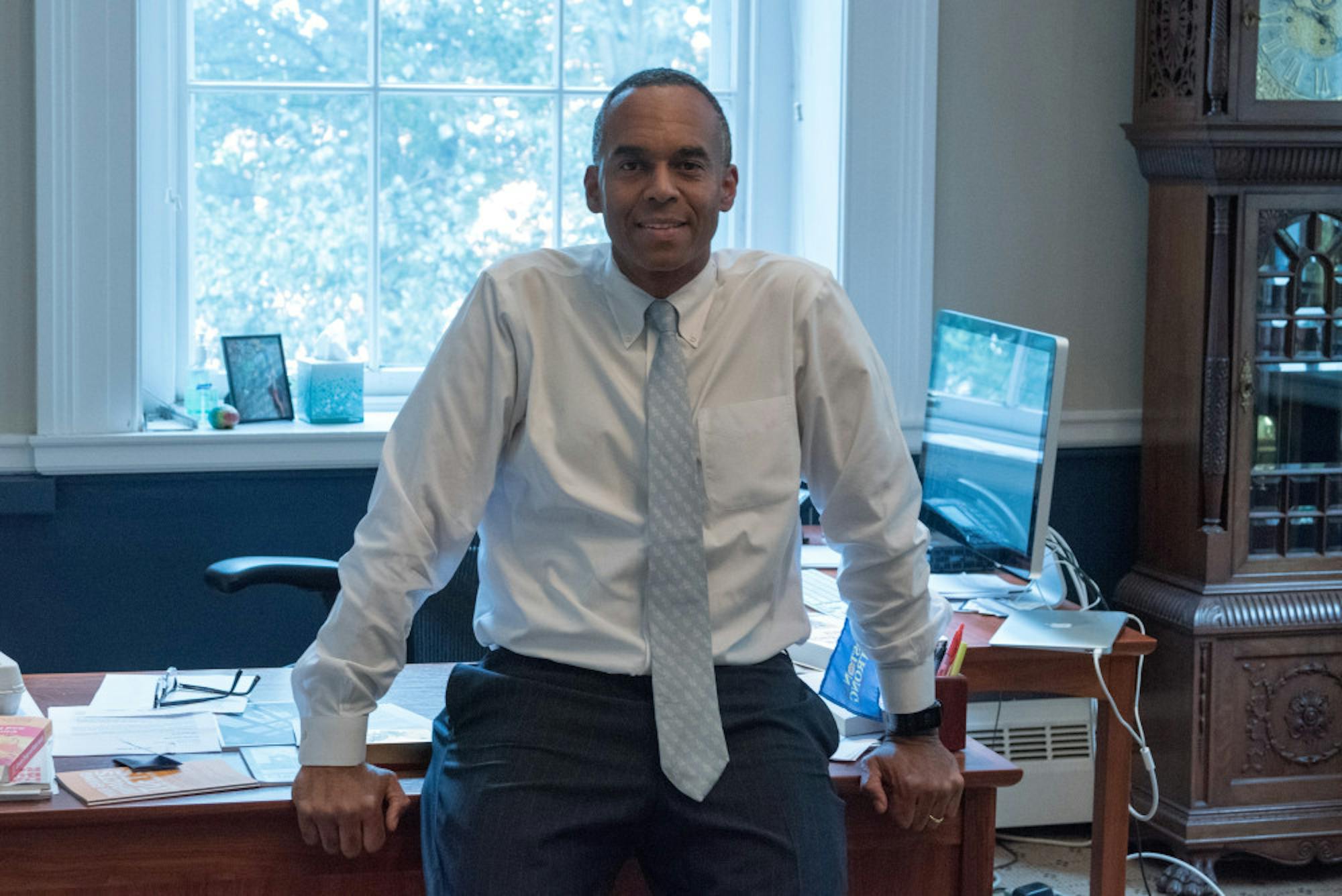On Jan. 29, the Executive Committee of the Board of Trustees approved an addition to its policy regarding the removal of a member from a Board of Advisors, according to Tufts' Executive Director of Public Relations Patrick Collins.
“Removal - The Executive Committee of the Board of Trustees in consultation with the Dean/Program Director, Provost, and Chair on the Council of the Boards of Advisors, may, by a majority vote of its members, remove any member of a Board of Advisors,” the addition on the website for the Office of the Board of Advisors reads.
This change comes as a result of the uncertainty that surrounded Anthony Scaramucci’s (LA ’86) position as a member last year.
In a Nov. 16 meeting, outgoing Provost David Harris had acknowledged there was no policy or precedent for removing a member from the Board of Advisors, given that such an issue had never arisen before.
Harris said that, accordingly, a draft of such a policy would be presented to the Board of Trustees when they met in January 2018.
“The policy change is in response to the board’s recognition that there was a gap in existing guidelines,” Collins said.
In Scaramucci’s case, a review process was never initiated because he resigned from the board on Nov. 28, before the process could commence.
When the Board of Advisors convened on Jan. 29, the Executive Committee of the Board of Trustees, which is comprised of the Board of Trustees chair, vice chairs and president, were presented with the proposed change to the language.
“The one-sentence addition was drafted by staff and presented to the Executive Committee of the Board of Trustees,” Collins told the Daily in an email.
Sophomore Angela Sun, a former Tufts Community Union (TCU) Senate Trustee Representative, said that as a student representative, she attended meetings with the academic affairs committee of the Board of Trustees.
Sun stated that trustee representatives are allowed to attend the first part of trustee meetings, which are “open.” Afterwards, trustees go into a closed session during which they discuss and vote on a variety of matters, Sun added.
Sun noted that she did not think the Board of Trustees changed its policy very often. She expressed her thoughts about the policy change.
“If someone is not doing their job or if everyone else on the board no longer feels that they’re representing the interests of the school, then I don’t see reason why they have to be there,” she said.
TCU Senate Trustee Representative Nathan Foster, a senior, said that student knowledge of Executive Committee decisions is very limited. He said he attends the Administration and Finance Committee meetings and that the majority of information discussed is confidential and cannot be passed along to TCU Senate.
Foster added that although he did not know the process of creating a new board policy, he wishes students could be more involved in university decision-making processes.
"Even something seemingly as boring as the process for removing members from the Fletcher Board of Advisors can be extremely important, as the Scaramucci controversy shows," Foster said. "I hope that Fletcher students had a voice in this policy change."






